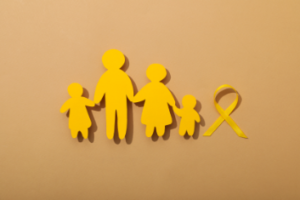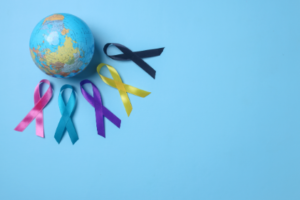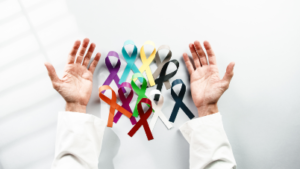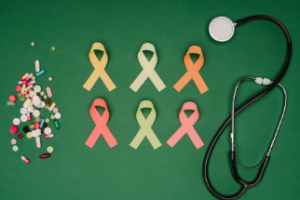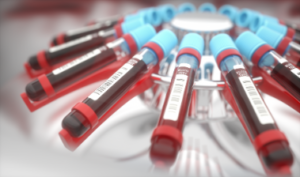
How Personalized Tests like RGCC Are Transforming the Concept of Cancer Prevention
With the rise of precision medicine and molecular biology, our understanding of cancer has evolved from focusing solely on treatment after diagnosis to emphasizing early detection and personalized prevention. Among these advancements, personalized testing such as RGCC is reshaping the way people view health management. It not only provides deeper insight into individual risks but also helps individuals take proactive steps to maintain long-term well-being.



